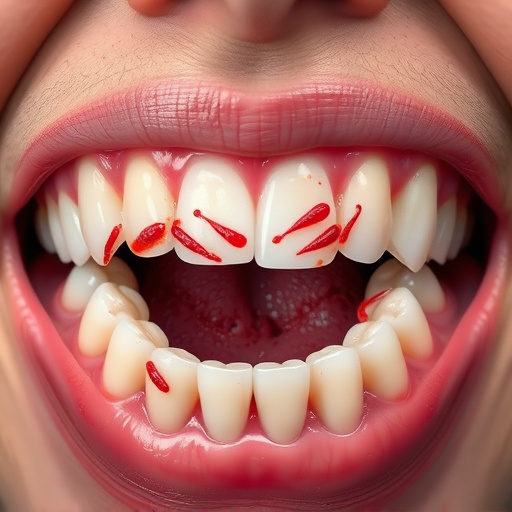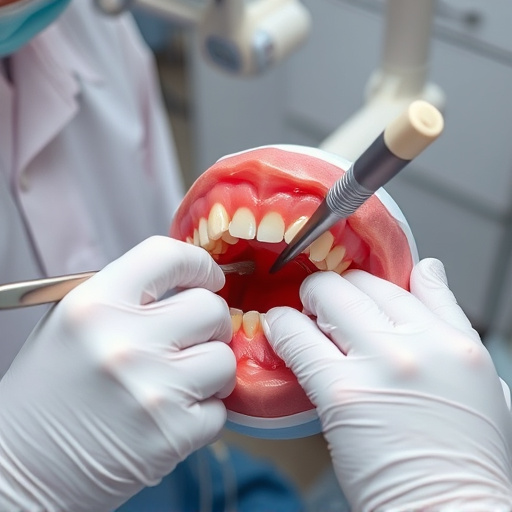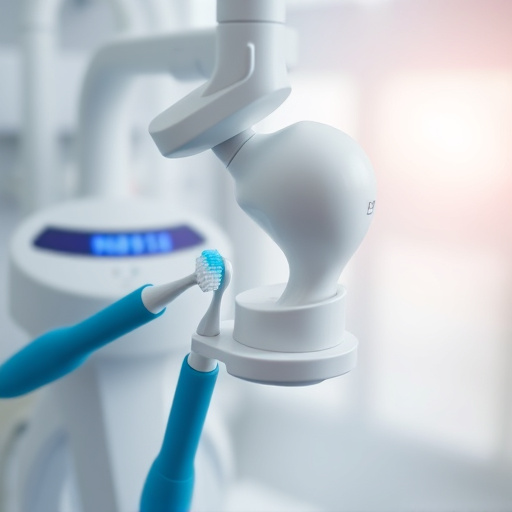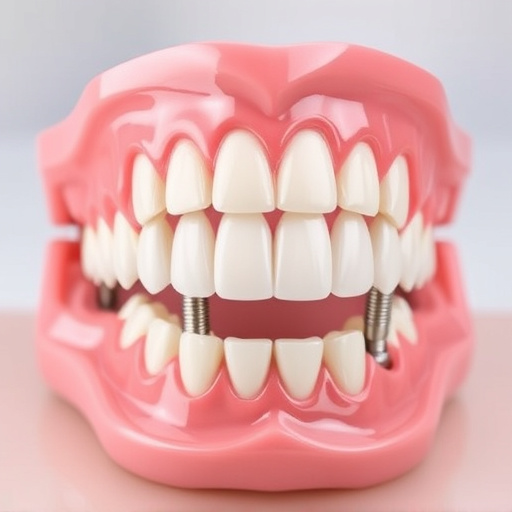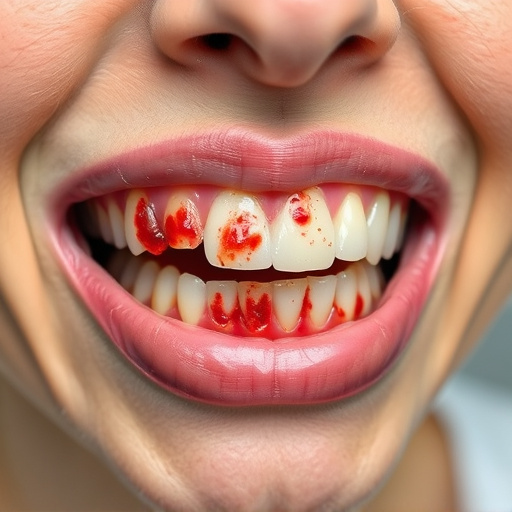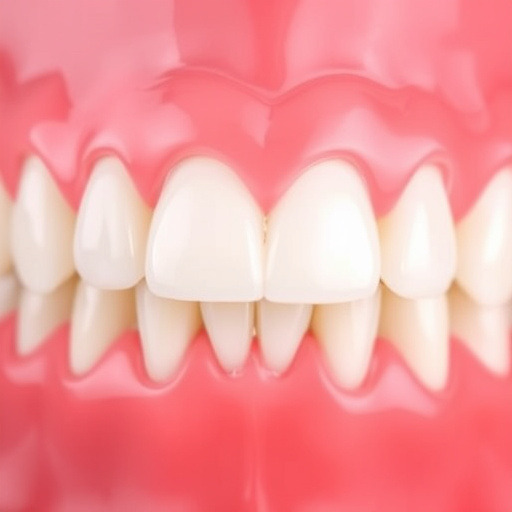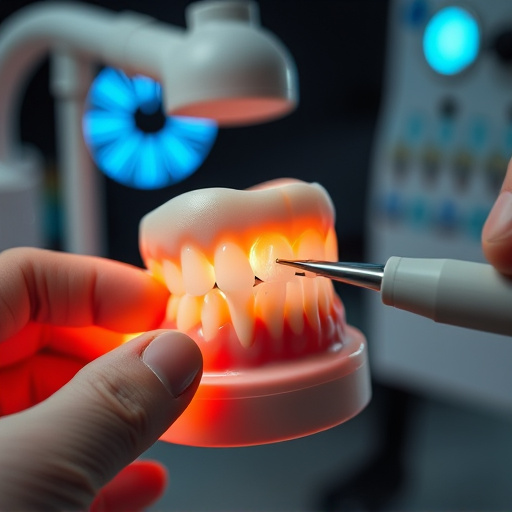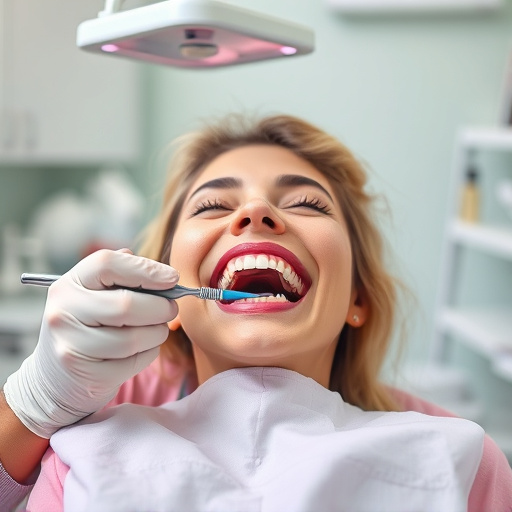A preventive dentistry program promotes oral health through proactive care, regular check-ups, cleanings, and education on hygiene practices like brushing and flossing. Comprehensive exams, screenings for conditions like oral cancer, dietary guidance, and fluoride treatments help maintain tooth enamel and avoid costly future procedures, enhancing overall well-being.
A preventive dentistry program is a proactive approach to oral health, focusing on early intervention to ward off dental issues before they arise. This article delves into the concept, exploring key components of proactive dental care and highlighting the significant benefits and long-term impact of early prevention. By understanding these elements, individuals can empower themselves to take charge of their oral health, reducing the risk of common dental problems and fostering a lifetime of healthy smiles.
- Understanding Preventive Dentistry Programs
- Key Components of Proactive Dental Care
- Benefits and Long-Term Impact of Early Intervention
Understanding Preventive Dentistry Programs
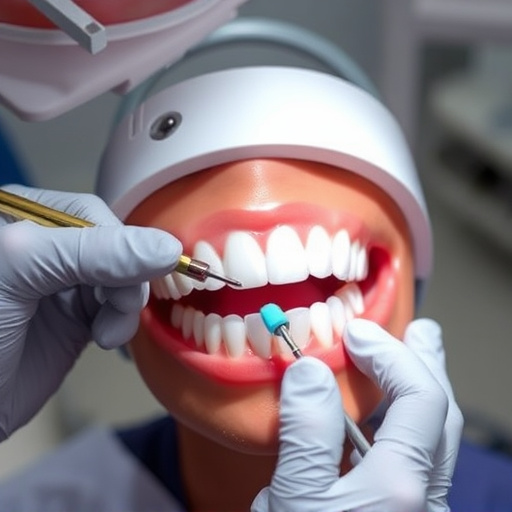
Preventive dentistry programs are designed to promote oral health by focusing on proactive dental care rather than just treating problems after they arise. These programs often include regular check-ups, cleanings, and educational initiatives aimed at teaching patients of all ages about proper oral hygiene practices. By emphasizing preventive measures, such as daily brushing and flossing, these programs help reduce the risk of common dental issues like tooth decay and gum disease.
Regular visits to a dentist within a preventive dentistry program can include comprehensive exams, professional teeth cleaning, and screenings for oral cancer and other conditions. For children’s dentistry, these programs are particularly crucial as they establish good oral hygiene habits from an early age. Additionally, the dental team may provide guidance on diet, fluoride treatments, and the use of sealants to further protect tooth enamel. Moreover, by addressing potential issues early through preventive measures, patients can avoid more extensive and costly procedures in the future, including unnecessary dental fillings.
Key Components of Proactive Dental Care
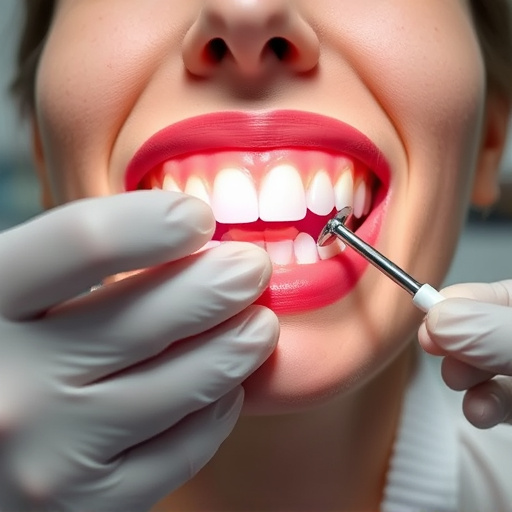
A preventive dentistry program is a proactive approach to oral health that focuses on maintaining and improving overall dental well-being. This involves several key components designed to catch potential issues early, before they require extensive or costly treatments like tooth extractions or invasive procedures such as dental bonding. Regular dental checkups and professional cleanings are fundamental; these visits not only allow for thorough examinations but also remove plaque buildup that can lead to cavities and gum disease.
Education plays a crucial role in proactive dental care. Patients should be taught about proper oral hygiene practices, including the use of fluoride toothpaste, regular brushing techniques, and flossing methods. Understanding the importance of diet and its impact on dental health is equally vital; limiting sugary foods and drinks can significantly reduce the risk of tooth decay. Additionally, dental professionals may offer personalized recommendations for at-home care, ensuring that patients have the tools and knowledge to maintain a healthy smile.
Benefits and Long-Term Impact of Early Intervention
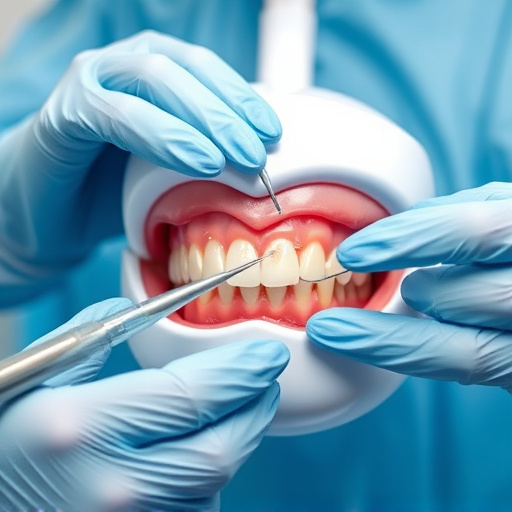
Early intervention through a comprehensive preventive dentistry program offers numerous benefits that extend far beyond immediate oral health improvements. By focusing on proactive dental care, individuals can significantly reduce the risk of developing severe dental issues such as tooth decay and gum disease. This approach not only saves time and money in the long run but also fosters better overall well-being. Regular dental cleanings and check-ups become more than just routine tasks; they become a foundation for maintaining optimal oral health.
The positive impact of early intervention can be seen in various aspects of life. Preventive measures like teeth cleaning and dental examinations help detect potential problems at their earliest stages, when they are often easier and less costly to treat. This proactive stance contributes to enhanced confidence in one’s smile, improved chewing function, and even better overall health since oral health is closely linked to systemic well-being. By prioritizing preventive dentistry programs, individuals can ensure that their teeth and gums remain strong and healthy, potentially reducing the need for more invasive procedures like dental crowns in the future.
A preventive dentistry program centered around proactive dental care is a game-changer in maintaining optimal oral health. By integrating key components such as regular checkups, professional cleanings, and patient education, we can significantly reduce the risk of dental diseases. The long-term benefits are clear: early intervention prevents painful procedures, promotes strong teeth and gums, and saves time and money for patients in the future. Embracing proactive dental care is an investment in overall well-being, ensuring a bright and healthy smile for years to come.


